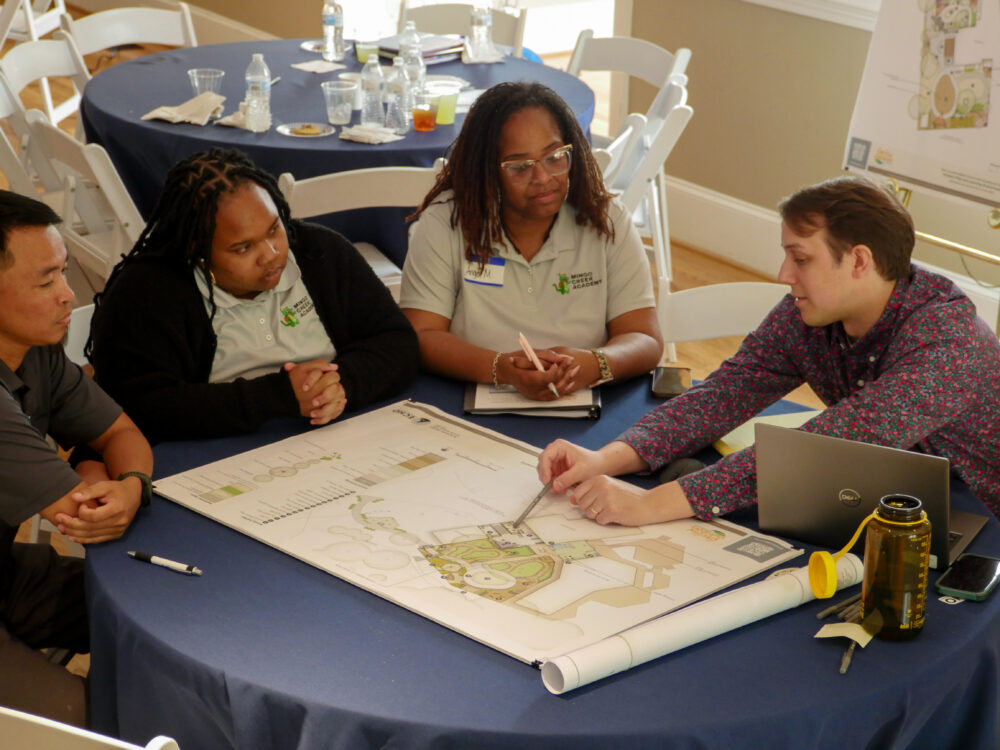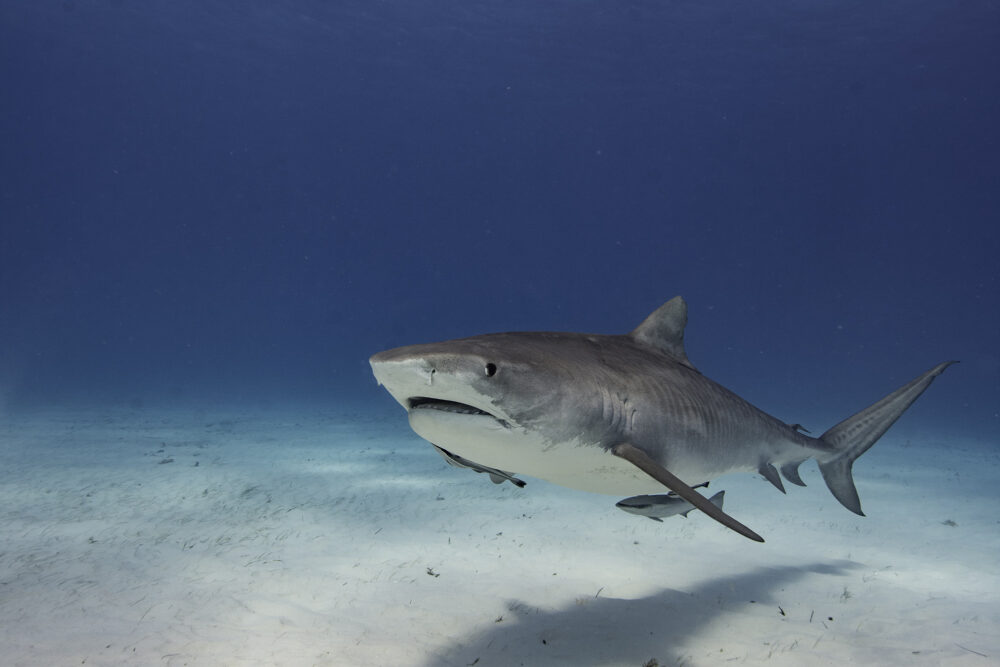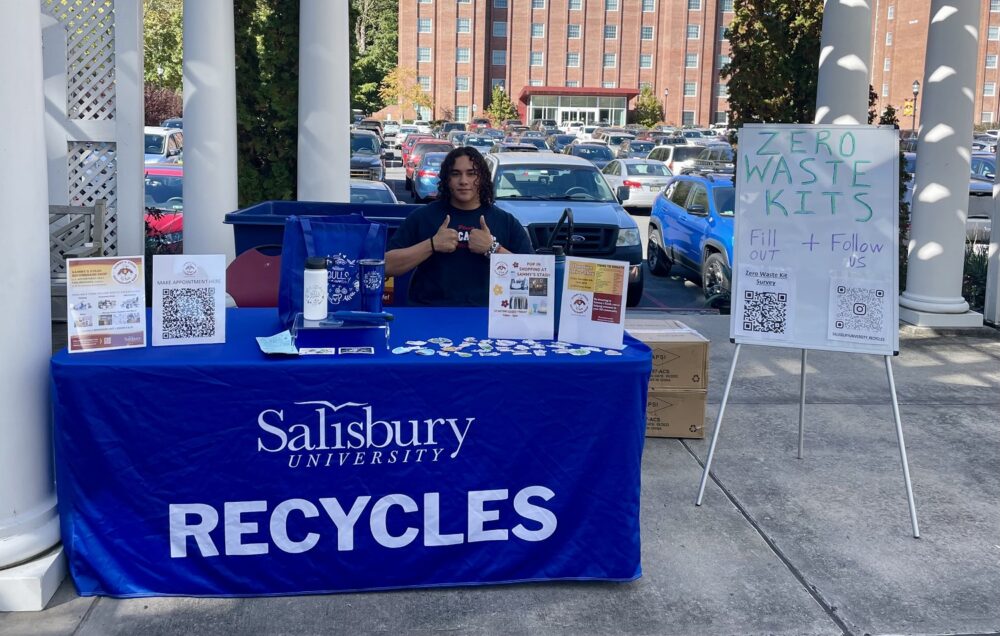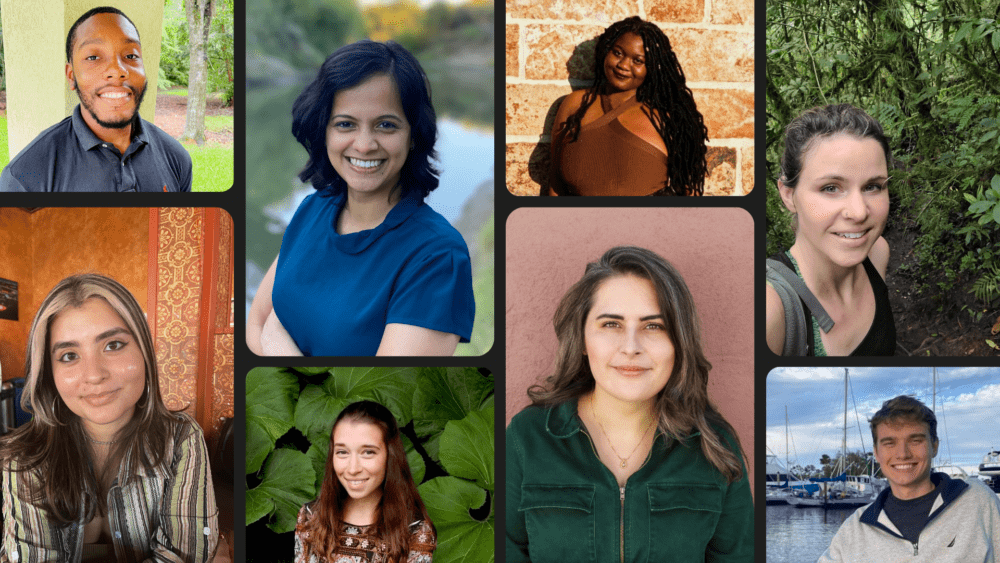We have much more to do and your continued support is needed now more than ever.
Eco-Schools August Newsletter
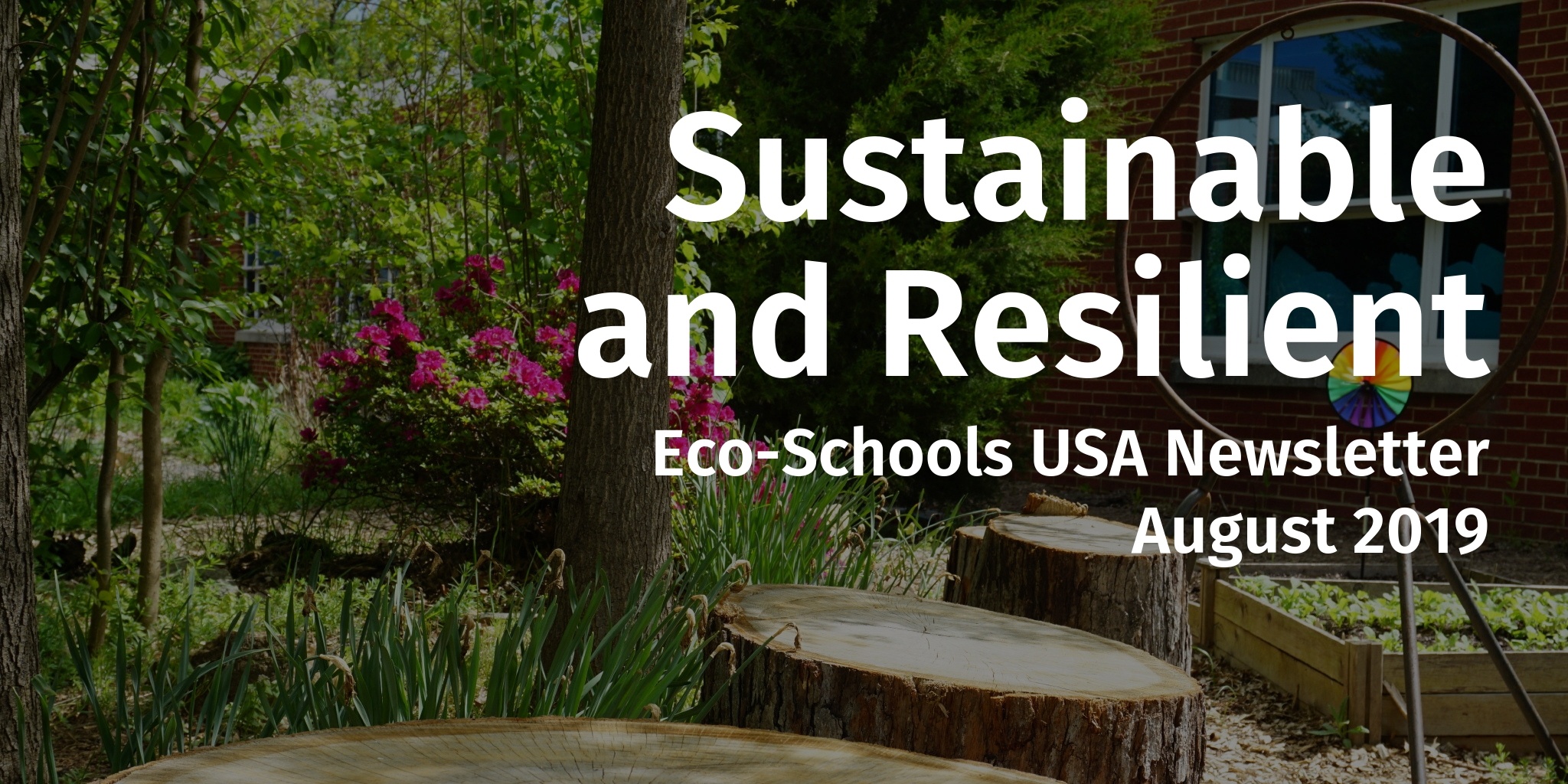
Play is often talked about as if it were a relief from serious learning.
But for children play is serious learning. Play is really the work of childhood.
~Mister Rogers
Our stories paint a picture of our past, present and future. The threads of shared human experience can braid tapestries where equity is at the center of instruction, students take pride in themselves as part of a greater community, and young minds are not labeled by their differences and failures, but are praised for their process and determination. Join us each month as we celebrate sustainability-focused school communities who are making a difference for wildlife and wild places.
Back to School

Welcome back! We hope you were able to work in some time to enjoy family and friends and rest and relax in between summer jobs, summer school, and professional development. Here’s to you and a great 2019-2020.
To support your efforts to integrate sustainability across your discipline(s), our team is happy to share two tools.
- The 2019-2020 Planning Calendar: The calendar starts with August and goes through June and includes our Eco-Schools Pathway of the Month, Action/Awareness Days, Global Goal (SDG) of the Month and suggested activities for the Eco-Action Team.
- The Eco-Schools USA Sample Implementation Timeline: Utilize our sample timeline as you work to implement Eco-Schools USA, empower students to take action for the environment and their community and apply for awards.
Pathway Focus on Consumption & Waste
GOAL 12
Ensure sustainable consumption and production patterns.
Beginning last school year, each month, we highlighted one of the twelve Eco-Schools USA Pathways. We’re kicking off the 2019-2020 school year with the Consumption and Waste Pathway and related Sustainable Development Goal #12 (SDG12), Responsible Consumption and Production.
By relating the pathway to the Global Goals (SDG), students can make connections between local issues and actions and how they similarly interconnect across the globe. The Consumption and Waste Pathway gives students the opportunity to audit current school practices and take simple actions that have measurable impact on a school’s consumption habits, methods of waste removal and impact to school and community. As an example, students can work to create a zero-waste culture, promote alternatives to single-use products, and look for opportunities to reduce food waste (direct connection to one of the #SDG12 goals-to halve per capita global food waste by 2030).

Follow @EcoSchoolsUSA on Facebook and Twitter each month to get more tips and information related to this pathway and SDG. Get inspired to take action for #GlobalGoal12. Share what you learn through school announcements, news programming and/or monthly communications. #ConsumptionAndWastePathway
Show Us Your Schoolyard Habitats®

Over the summer we’ve seen many pictures on social media of Schoolyard Habitats in full bloom! So it’s the perfect time to show off those gardens by entering the 2nd Annual Garden for Wildlife™ Photo Contest, open for entries August 5th – October 11th. Pick from 1 of 5 categories like People in the Wildlife Garden or Young Habitat Photographers. Take this opportunity to showcase all that hard work and effort put into creating your unique Schoolyard Habitat. Who knows, maybe your photo will win the Grand Prize!
Learn more on the Garden for Wildlife website.
Learn More!
In the Classroom| Current Events
In today’s busy and underfunded classrooms, field trips seem to be occurring less frequently. Time and budget constraints have put a damper on what was once a common occurrence for students across the country. We encourage teachers and school districts to look for creative ways to get student outdoors and connected with nature, perhaps with a walking field trip to a nearby nature center or native planting at a local park.
“A class trip in the great outdoors is a wonderful opportunity to help foster an appreciation for nature and develop our future conservation stewards.”
Quote from Mina Campanie
Whether you’re planning a field trip in the new school year or looking for inspiration, take a minute to read the suggestions from one of our New York City Eco-Schools teachers, who shares her five tips for venturing outside the classroom and making the most of an outdoor field trip.
Read the full story!
Learn About Wildlife
Do you know the difference between crocodiles and alligators? How about toads and frogs? Students can test their knowledge by learning some simple differences from the story What’s the Difference in the August issue of Ranger Rick® Magazine. The companion Educator’s Guide includes a Venn diagram activity related to the article for use in the classroom.
Utilize National Wildlife Federation’s Wildlife Guide to learn more about the wildlife mentioned above or to learn more about wildlife near you.
Green Opportunities and Grants
Each month we highlight action days, upcoming professional development, webinars, and environmental grant opportunities from around the country.
- Take the pledge and join the Great American Campout all summer long
- NOAA National Marine Sanctuaries Webinars to support ocean and climate literacy
- NAAEE Professional Development
- NAAEE Monthly Webinar Series
- NOAA Planet Stewards Upcoming Events
- Green Strides Webinar Series
- The Green Teacher Webinar Series
- The World’s Largest Lesson – Global Goal 12: Responsible Consumption and Production
- Captain Planet Foundation Grant Opportunities
- Monarch Watch Milkweed Grants
- GetEdFunding













